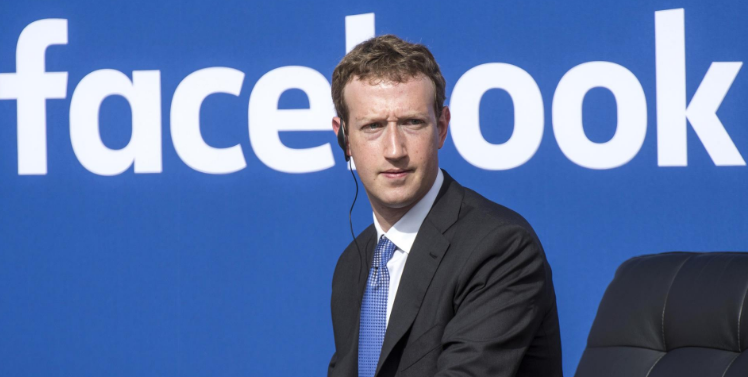Ray-Ban smart glasses, officially known as Ray-Ban Stories, mark a significant leap in the intersection of fashion, technology, and social interaction. Launched in September 2021 through a collaboration between Meta (formerly Facebook) and Ray-Ban’s parent company, EssilorLuxottica, these smart glasses are designed to seamlessly blend style with functionality. Unlike bulky virtual reality headsets or traditional glasses, Ray-Ban Stories maintain the iconic Ray-Ban aesthetic while integrating advanced technology.
The smart glasses are equipped with dual 5-megapixel cameras, open-ear speakers, and a three-microphone audio array, allowing users to take photos, record videos, make calls, and listen to music. They also feature a voice-activated assistant that enables hands-free control, making it easier for users to capture and share their moments without needing to reach for their smartphones. One of the key innovations of Ray-Ban Stories is their ability to livestream directly to Instagram, adding a new dimension to social media engagement. Despite lacking augmented reality (AR) capabilities, the glasses aim to offer a more immersive and natural way for users to interact with their digital world.
Ray-Ban Stories target a specific market niche—tech-savvy individuals who value both fashion and functionality. By merging cutting-edge technology with a timeless design, these glasses appeal to consumers looking for wearable tech that enhances their social media experience without compromising style.
Mark Zuckerberg’s Vision for Social Media and Wearable Tech
Meta CEO Mark Zuckerberg has been vocal about his belief that the current way people experience social media—primarily through small, bright screens on smartphones—is inherently “anti-social.” In his view, the intimate and often isolated nature of smartphone use doesn’t align with the communal, interactive goals of social media platforms like Facebook, Instagram, WhatsApp, and Threads. This belief is a driving force behind his interest in developing smart wearable technology like Ray-Ban Stories.
In a recent interview with South Park Commons, a San Francisco-based tech community, Zuckerberg explained that the traditional form factor of smartphones limits the social experience. “When you’re building social apps, it’s kind of this weird thing that you primarily are delivering through this tiny little screen that people carry around,” he said. “It’s like a really, in some ways, anti-social form factor. It’s part of the reason why I care so much about glasses. It’s just such a more natural thing.”
Zuckerberg envisions a future where wearable tech like Ray-Ban Stories becomes a primary tool for social interaction, moving away from the restrictive confines of smartphone screens. While the current iteration of Ray-Ban Stories does not feature augmented reality, Zuckerberg is confident that this type of display-less AI glasses will eventually become mainstream. In a conversation with Nvidia CEO Jensen Huang, he predicted that these glasses, priced around $300, could become a major product worn by tens or even hundreds of millions of people.
The potential widespread adoption of such technology could transform how people interact with social media, making it a more integrated and natural part of daily life. Zuckerberg’s vision suggests that as wearable tech advances, it could offer a more immersive and socially engaging experience than the traditional smartphone, fundamentally changing the way we connect and communicate online.



